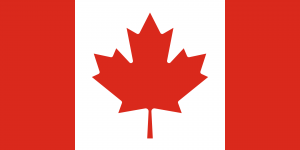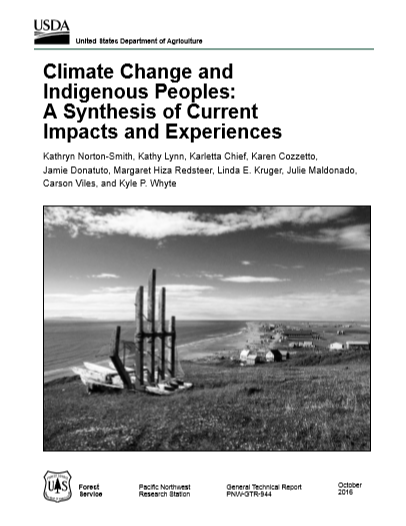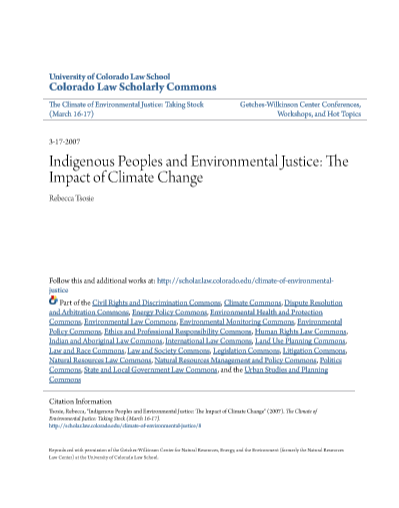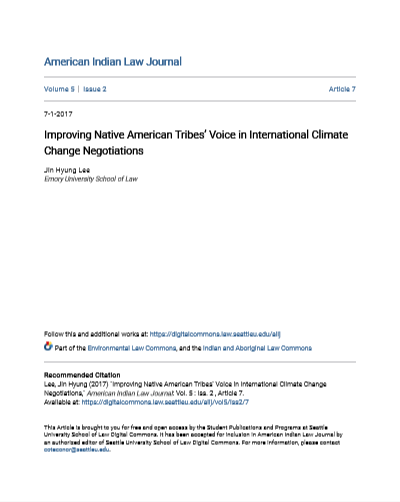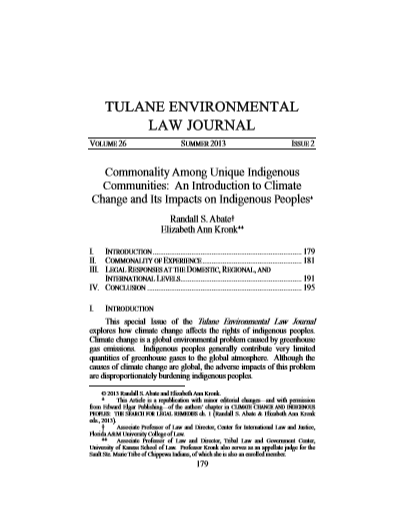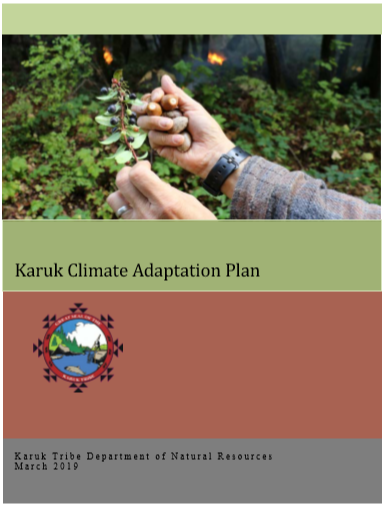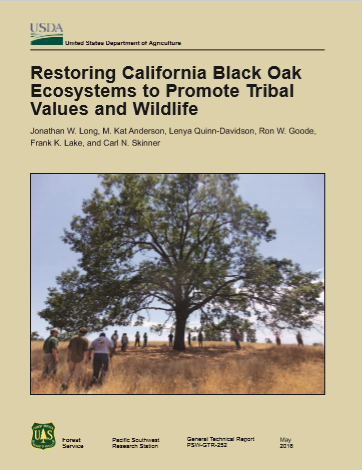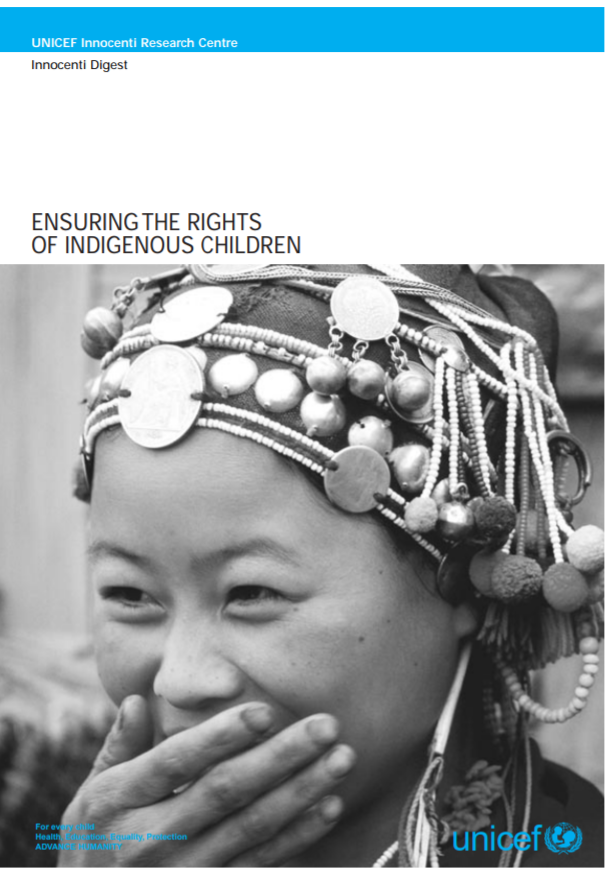Indigenous peoples are among those most adversely affected by climate change, despite their small carbon footprint. In large part, this is because of their close relationship with nature, and their dependence on it for their livelihoods. It is therefore essential that indigenous peoples are actively involved in climate actions at all levels and that their rights are respected.
A variety of articles in the Declaration establish the framework for this to happen. These include, among others, Articles 3 (self-determination), 18 (participation in decision-making in matters that would affect their rights), 19 (free, prior, and informed consent for legislative or administrative measures that may affect them), and 32 (free, prior, and informed consent for projects affecting their lands, territories, and resources) . In addition, the preamble to the 2015 Paris Climate Agreement states specifically that in all climate actions, parties should “respect, promote, and consider their respective obligations on . . . the rights of indigenous peoples . . . .”
Resources:
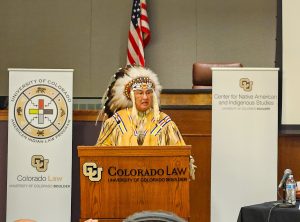
Colorado Law Hosts UNPF Meeting on Indigenous Peoples in a Greening Economy
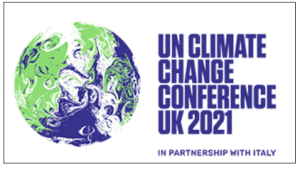
Indigenous Peoples and Climate Change: Preparing for COP26
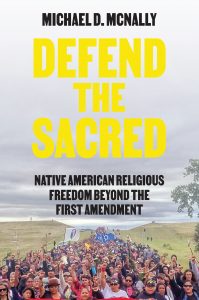
Defend the Sacred
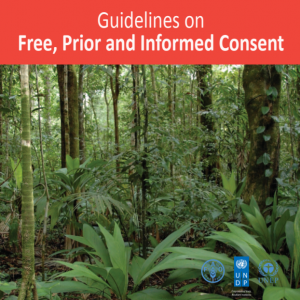
Guidelines on Free, Prior and Informed Consent (UN-REDD)
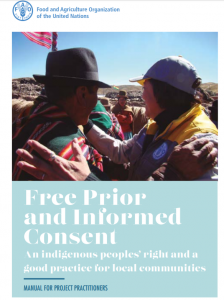
Manual for Project Managers: Free Prior and Informed Consent (Food and Agricultural Organization, UN)
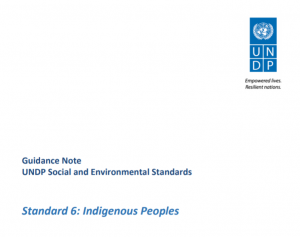
Guidance Note, UN Development Programme Social and Environmental Standards for Standard 6: Indigenous Peoples
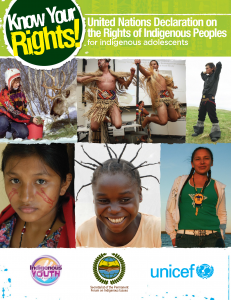
Guide: Know Your Rights! United Nations Declaration on the Rights of Indigenous Peoples for Indigenous Adolescents
